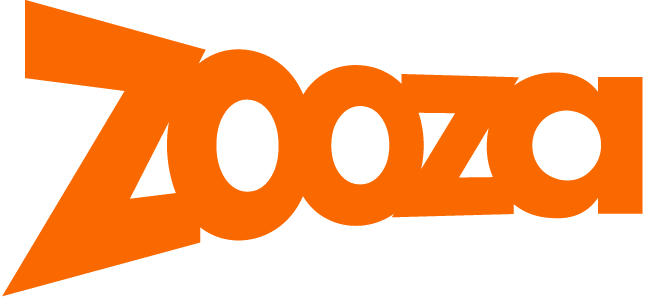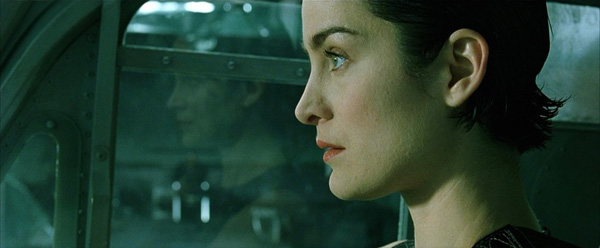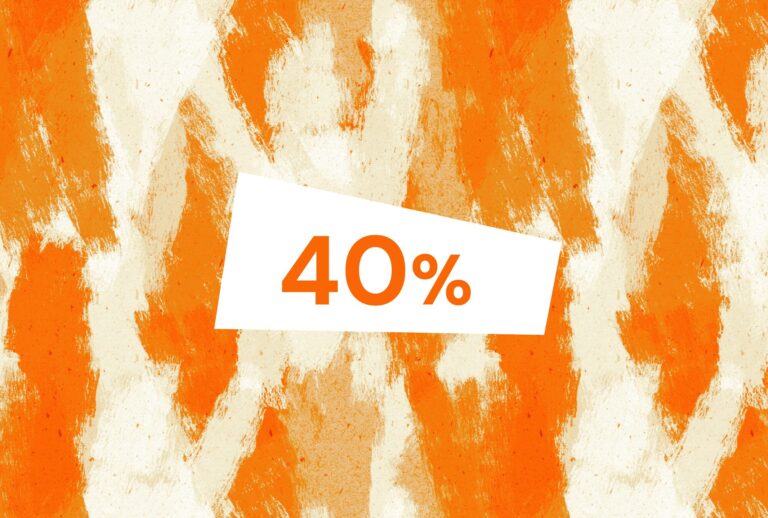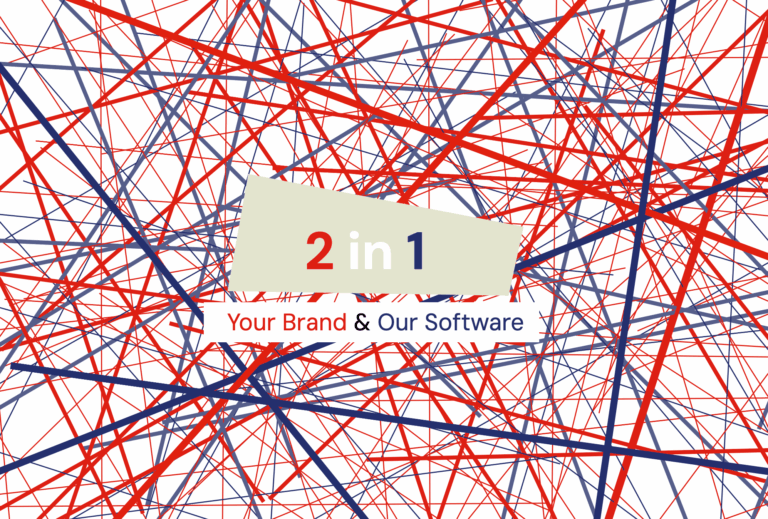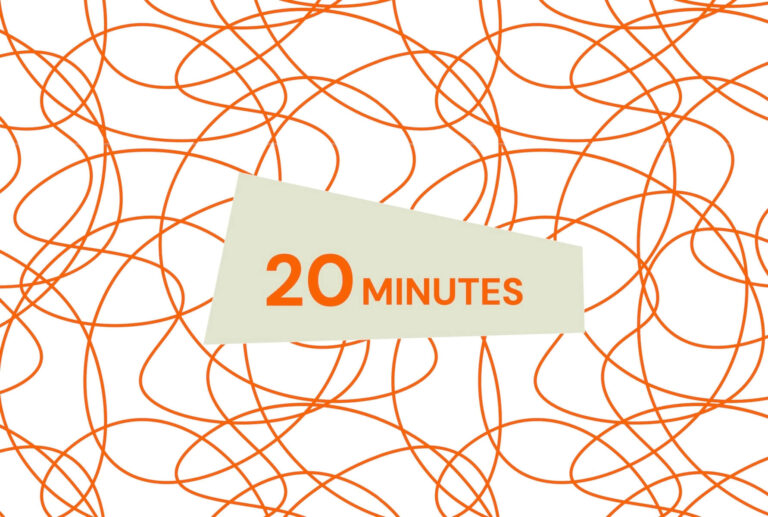Have you ever watched The Matrix? Remember when Trinity instantly learns to fly a helicopter through a quick upload of skills? While this might seem like sci-fi, we’re moving closer to a world where rapid learning and adaptability are essential for success.
The Challenge with Traditional Education
Today’s education systems are struggling to keep up. By the time new content is introduced into curricula, it’s often already outdated. Schools teach valuable social and community principles, but when it comes to preparing individuals for today’s fast-paced world, the gap is glaring.
Here’s what we’re seeing instead:
- Young people bypassing traditional education for online courses, mentorships, and entrepreneurship.
- Faster content consumption—podcasts at 2x speed, skimming texts, and integrating inputs quickly.
- Personalized learning—choosing subjects they enjoy, at their pace, and in their preferred style.
This shift shows that the landscape of learning has already evolved, leaving traditional models struggling to catch up.
The Talent Shortage in the Workforce
Ask any company about hiring challenges, and the answer is the same: there’s a lack of adaptable, skilled talent. It’s not about laziness; it’s about a system that hasn’t prepared people for today’s world.
The issue goes deeper. Society and technology are evolving faster than ever, creating an Educational Gap—a divide between those who can adapt to rapid change and those who can’t.
What is the LARC Gap?
We call it the LARC Gap: the ability to Learn, Adapt, React, and Apply Changes effectively. In the coming years, this gap will create a new form of societal inequality. People who master learning and adaptability will thrive, while others risk falling behind.
To address this, we need two fundamental elements:
- Self-Efficacy – The belief that “I am capable of learning anything.”
- Effective Methodologies – Tools designed for rapid understanding and application.
Starting Early: The Role of Children’s Education
To build a society capable of thriving in a rapidly changing world, we need to start early. By fostering adaptability in children, we can equip future generations with the tools they need to succeed.
At Zooza, we’re partnering with entrepreneurs who create educational methodologies for children. Our tools help them scale their businesses and spread their vision globally. Whether it’s through sports, music, or STEM, the goal is the same: teaching children that they are capable and that anyone can teach them effectively.
Why This Matters
Humanity faces complex challenges that require as much talent as possible. We need to ensure people believe in their ability to learn and adapt while providing them with the tools to do so.
By bridging the LARC Gap, we’re not just preparing for the future of education and work—we’re building a world where adaptability becomes the ultimate superpower.
References
Here are the specific references for the mentioned sources:
-
- OECD Future of Education and Skills 2030: This project by the Organisation for Economic Co-operation and Development (OECD) aims to build a common understanding of the knowledge, skills, attitudes, and values students need in the 21st century.
- Innovative Pedagogies of the Future: An Evidence-Based Selection: This study reviews and presents a set of innovative, evidence-based pedagogical approaches that have the potential to guide teaching practitioners and transform learning processes and outcomes.
- The Skills Revolution and the Future of Learning and Earning: This report examines trends across major stages of education, from early childhood to lifelong learning, highlighting the importance of focusing on skills development at all educational stages.
